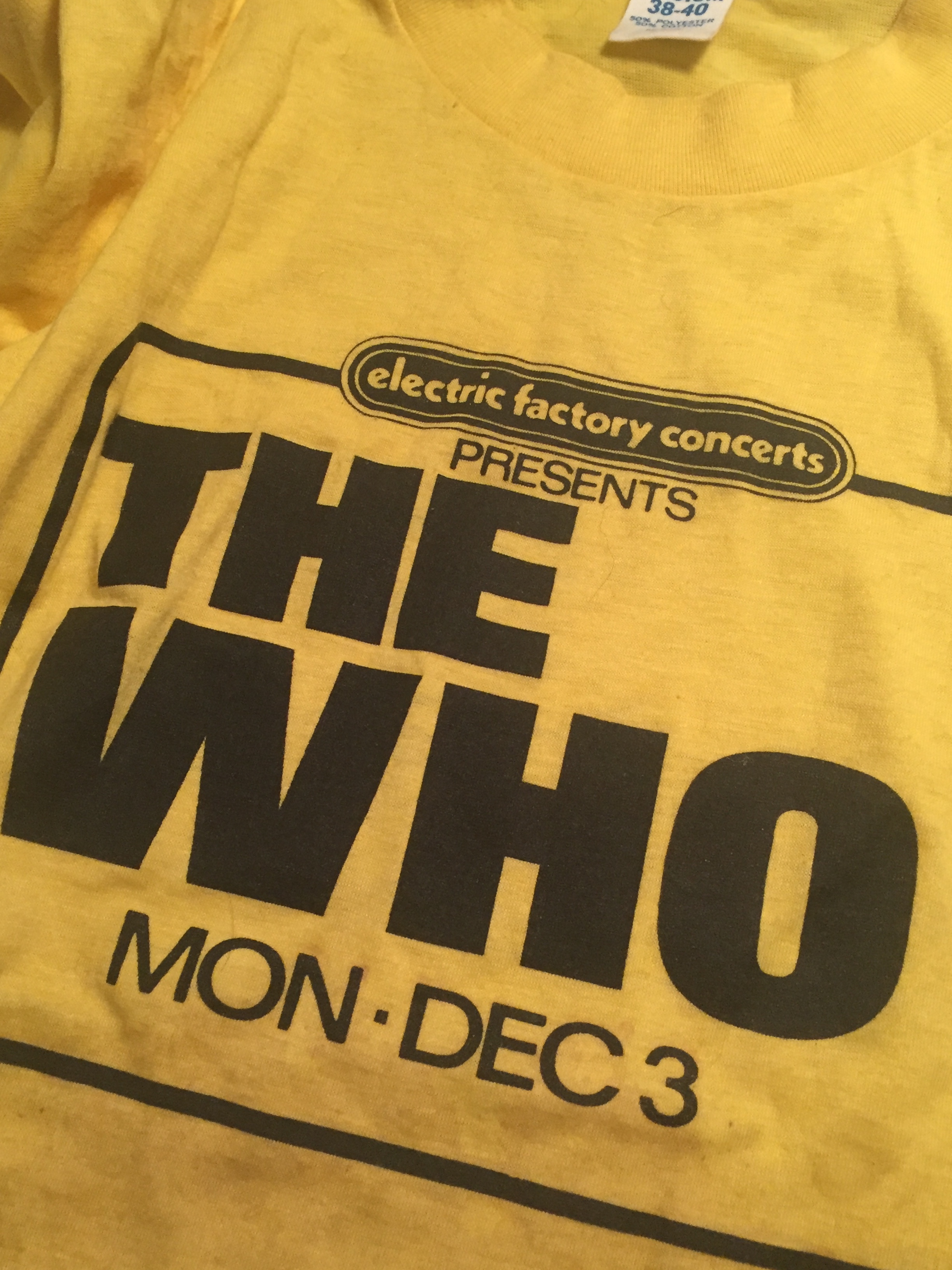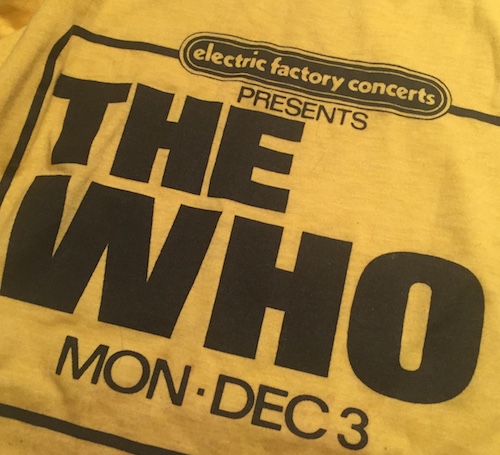
The tragic events that led to the deaths of 11 fans at a Who concert in Cincinnati, Ohio, was memorialized in a documentary produced for the 40th anniversary of that fateful night. The 2019 special from WCPO-TV includes the first long-form television interviews with Pete Townshend and Roger Daltrey, who share their personal, detailed accounts of what happened on December 3, 1979.
The Who weren’t aware of the deaths that evening at Cincinnati’s Riverfront Coliseum. The majority of the tickets for the concert were sold as general admission tickets (aka festival seating). As the crowd gathered, the arena opened later than usual, with just a handful of doors opened. Fans, eager to get the best open seats, crushed many of those in the front of the doors, trampling scores of would-be concertgoers. Eleven fans were killed; their deaths attributed to asphyxiation. Their ages ranged from 15 to 27.
The Who were not made aware of the tragedy until after their performance. “You know, I’m still traumatized by it,” says Townshend in the documentary. “It’s a weird thing to have in your autobiography that, you know, 11 kids died at one of your concerts. It’s a strange, disturbing, heavy load to carry.”
“That dreadful night of the third of December became one of the worst dreams I’ve had in my life,” says Daltrey.
The band’s long-time manager, Bill Curbishley, witnessed the deaths and made the call to let the band play. “Despite everything,” says Curbishley, “I still feel inadequate. I don’t know about the guys, but for me, I left a little bit of my soul in Cincinnati.”
The documentary, The Who: The Night That Changed Rock, created and hosted by Emmy® award-winning anchor Tanya O’Rourke, tells the stories of those who died and those who survived and examines how it changed her small community. O’Rourke grew up in Finneytown, the small suburb of Cincinnati where three of the 11 who died also grew up.
Watch an edited version of WCPO-TV’s The Who: The Night That Changed Rock
An investigative task force was organized immediately by then-Mayor John Blackwell. His legislative assistant indicated that the force would not “try to lay blame” but was trying “to discover causes.” Concerts by Blue Oyster Cult and Aerosmith, scheduled at the venue later that month, were postponed.
Lawsuits by the families of the victims were settled in 1983. The city of Cincinnati ultimately imposed a ban on so-called festival seating.
The venue has changed its name several times. It’s now Heritage Bank Center.
On May 15, 2022, The Who performed in Cincinnati for the first time since the tragic events of that evening in 1979.
When The Who tour again, tickets will be available at Ticketmaster and here.


2 Comments
WKRP in Cincinnati did a sobering show about this tragedy. I remember it well.
40 Years ago on December 5th, I was the Promoter’s Rep / Production Manager for Aerosmith’s first performance of the Right in the Nuts tour, in Binghamton, NY. The show was festival seating, and needless to say everyone was on edge, actually scared sh_tless from The Who tragedy two days before. It went off smoothly, but the next night, in Portland, ME, Steven Tyler passed out on me onstage, just several songs into the set. THAT could have been a riot, but luckily all went home pissed but not violent. The event set in motion a 1980 of Babysitting A Band On The Rocks!